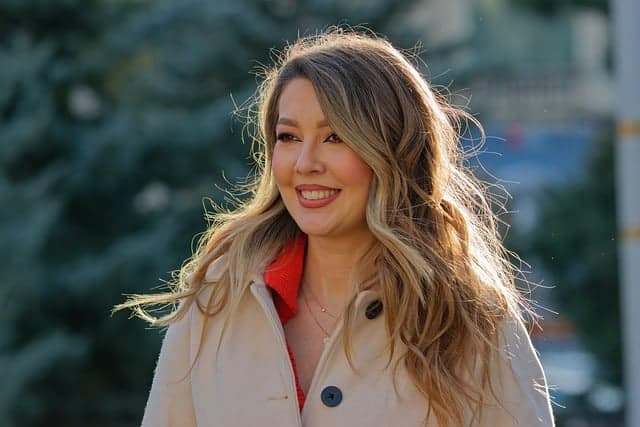Understanding how to manage emotions during tough times is essential for both your well-being and that of your children. In this blog post, we’ll explore effective strategies to help you and your kids cope with loss.
“Explain how that experience felt for you.”
“Where do you feel that in your body?”
I ask these questions a lot in my therapy office. Wanna know why? The first one is to keep myself from assuming. When I was in grad school, during practice sessions, I often heard people tell part of their story and assumed I knew what it meant. That’s a no-no. No matter how good a listener I am, I can never know exactly how something feels for someone. So, I ask.
The second question is because, as a trauma therapist, I’ve learned how much we carry around with us in our bodies long after we think we’ve cleared incidents from our minds. I can’t tell you how many times people sit across from me and say, “I thought I dealt with this already.” They probably have. They just haven’t released it from their muscles, and cells and nervous system and so it’s come roaring back, when they least expect it.
Why am I telling you this? Because, often those people across from me on the couch are parents and their life with kids is what brought them in.
As moms, often we feel responsible for carrying not only our own emotional stuff, but often we feel the need to carry our kids’ stuff around too. Mixing another person’s emotions in with our own can trigger things we thought we dealt with (or didn’t even know we needed to) long ago.
It’s happening here. We’ve had a few losses in our family recently and they not only affect me, but my kids too. I find myself trying to manage my own grief and theirs as well. It’s brutal. But I’m not telling you this for sympathy. So, here are two things I’m doing that I hope help you too.
Be Honest. Checking in with kids and saying all the quiet parts loud is imperative. Gone are the silent martyr days. “Being strong for them” while you internally crumble doesn’t serve anyone. Acknowledge to your kids (in an age-appropriate way) what you’re feeling, so they not only know it’s ok for them to feel it too, but also so that they learn to give you some grace to heal as well. Check in with them too. Remember, we can’t assume what’s going on with someone else, no matter how well we listen or think we know them. By checking in and learning how they’re coping, as you continue to move through daily life, you’re showing them that grief is hard, but it doesn’t have to take you out completely. Resilience is learned when hard things happen and we not only get back up, but we keep acknowledging the pain and continue to take care of ourselves along the way.
Be the Adult. This one could be an entirely new letter but I’ll keep it short. The first step to being an adult is realizing that kids can’t help your feelings and you can’t make theirs go neatly away. Yes, be honest that you feel a certain way, but don’t slide into them being your counselor or looking to them to comfort you. That’s not their job. Instead, relish in the joy they bring to the day just by being themselves. It’s still there, even in the darker times. The second step to being an adult is taking care of yourself. It is not selfish. It is not impossible. It is actually a really important thing if you are trying to parent well. Go for a walk alone. Demand a family dinner one night a week. Or, maybe skip cooking all together if that’s what you need. If your kids are old enough to make their own, great. And, if they’re not, no one ever met their demise eating popcorn for dinner once in a while. The point is, whatever you know will help you heal, ask for it and don’t feel guilty for asking.
Sorry this was a long one. But, I see you out there moms, trying to manage the emotional temperature of a whole household. It is not easy work but I know I won’t talk you out of it. Instead, I’ll try to give you some tips to help yourself through it and of course, send all my love your way.
Are you dealing with a loss right now? I can help you heal with grief counseling. Don’t hesitate to reach out for a complimentary consultation to find out if you would like to work together.





